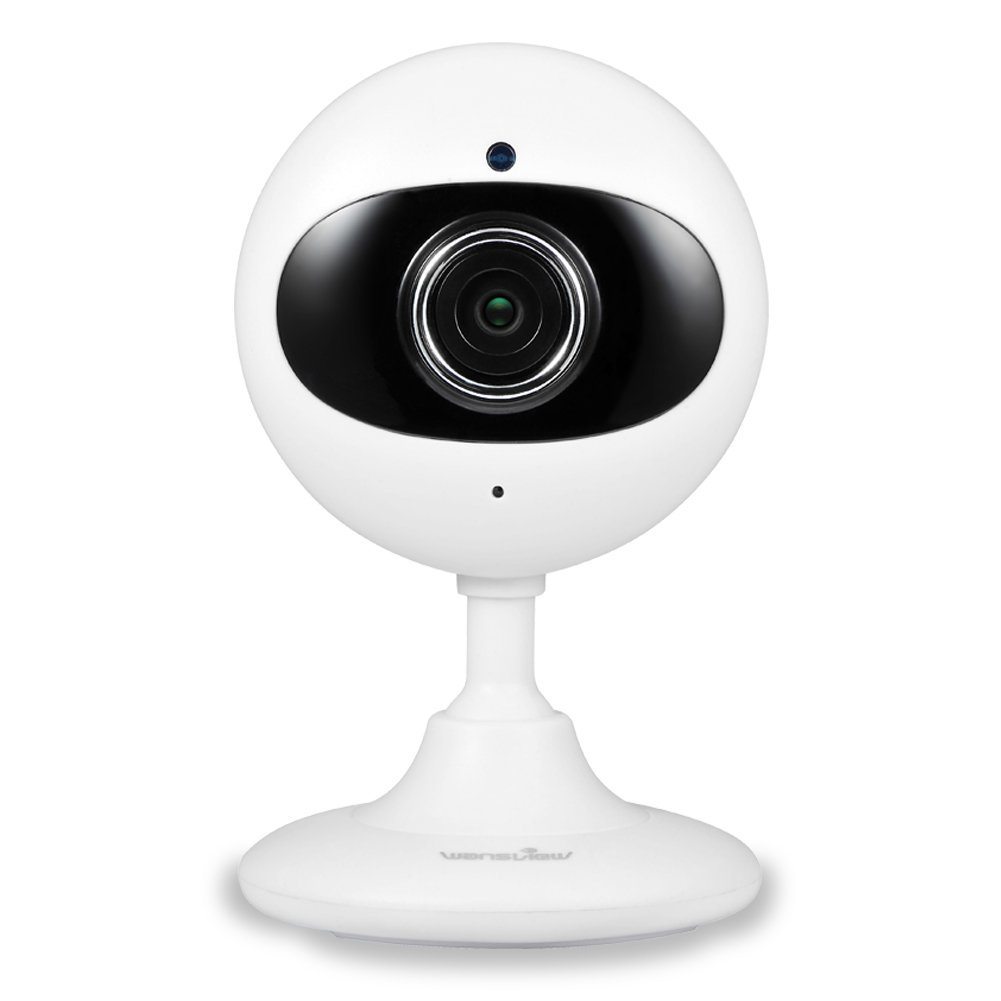
IP Camera
IP cameras are relatively new, at least when it comes to private use, and is the name for security cameras that use the IP function to transmit images and video over the internet, or a network using IP numbers to designate units that are working together. That seems complicated, but it really isn’t. Basically, IP cameras will talk to each other and a central control unit, and transmitting their images to a digital video recorder, or a DVR, as they’re called.
IP cameras have become more and more popular over the last few years, especially since many of them can operate over wireless networks, and the technology is becoming cheaper and cheaper every year. That doesn’t mean you should necessarily pick the cheapest camera when you’re picking out the IP cameras that are going to be included in your home security systems, but it does mean that you don’t have to shell out thousands of dollars to be able to use high end IP cameras to monitor your belongings, and as security cameras.
Setting up a home security system can be a challenge, both to your technical skills and your budget, but using IP cameras instead of traditional cameras that definitely need to be connected with cables, you can both ease your installation and your cost. IP cameras communicate over any kind of Internet Protocol network, and suppliers of IP cameras often incorporate either a server like interface, where you can check your cameras and videos using a normal web browser, or an app which will basically let you do the same thing on your telephone or tablet.
Finding the right IP cameras for your specific use isn’t especially hard, but there are a few things you need to consider:
- Do you need your IP camera to be wireless?
- Are you connecting your IP camera to the internet?
- Are you planning to use your IP cameras outdoors, or indoors?
- Will the IP cameras be operating on their own over long periods, or will they be serviced and attended to regularly?
Those who need autonomous cameras should consider fixed mounted, dome cameras that are weatherproof, while those who only need to set up a security camera indoors can easily get away with using an open, cheaper camera.
Hidden cameras are harder to find with IP capabilities, and will often run a far higher price as well, which is understandable due to the added hardware requirements for reliable, high speed networking capabilities. If you need your IP camera to be wireless, you’ll also have to expect that there will be antennas and further space requirements. That said, new IP cameras are small in size, and will fit any kind of modern home security system.
As usual, we have hundreds of posts and topics in our home security category, so make sure you check out our new features, and our old features, in there. And remember, Security is for Everyone.
